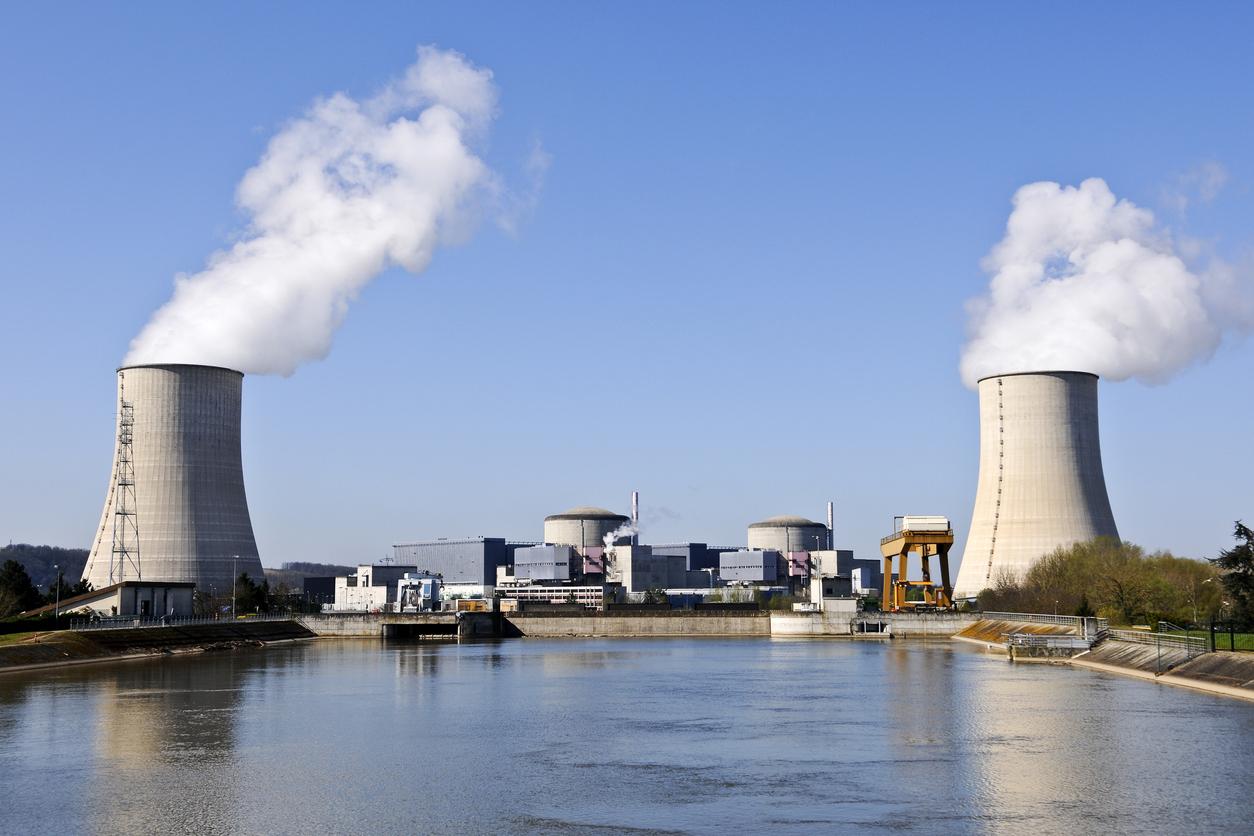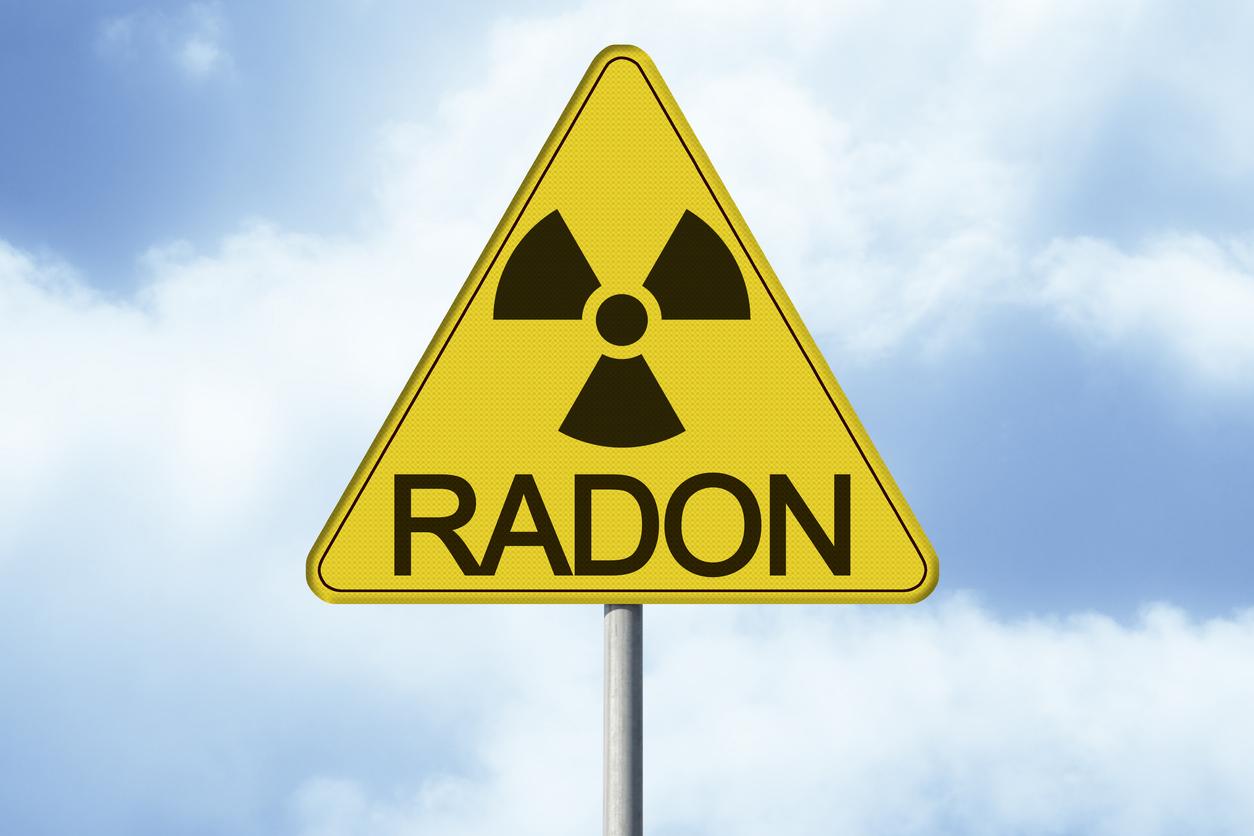A study that has just come out on the risk of cancers in women and medically assisted procreation techniques indicates that it is rather the causes of sterility that are associated with the observed increase in cancers.

Researchers have taken a closer look at the established association between assisted reproduction and an increased risk of developing cancer. Surprisingly, they found “no increased risk of cancer of the uterine body or invasive breast cancer was detected in women who had had assisted reproduction”, but that “increased risks of breast cancer in situ and invasive and borderline ovarian tumors were found within the cohort”.
In other words, “the results indicate that the risks of ovarian tumors could ultimately be due to the medical characteristics of infertile patients, rather than to assisted reproduction itself”. The study was carried out in Great Britain, from 1991 to 2010. 255,786 women contributed to the research (Source: Human Fertilization and Embryology Authority).
“A Powerful Treatment”
At the end of October 2015, a study conducted by Professor Alastair Sutcliffe and his team of scientists from University College London Hospital revealed that there was an increased risk of ovarian cancer in infertile women having IVF. From 1991 to 2010, they compared 250,000 IVF patients to the general population. Among them, 15 out of 10,000 developed this type of cancer, compared to 11 out of 10,000.
“The cancer rate measures the health of a population, Professor Sutcliffe explained at the time to Marie Claire, and the older she gets, the more this rate increases. There, we follow a population of women who have undergone a powerful treatment, and we ask ourselves the question of the risks. If our study shows that they do not present a greater risk of developing breast or uterine cancer, they are on the other hand more exposed to that of the ovaries. In particular, and this is important to underline, in the three years following the treatment, whether or not it leads to a pregnancy.
More than half a million babies are born each year from IVF
Forty years after the birth of Louise Brown, the world’s first “test tube baby”, the European Society of Human Reproduction and Embryology (ESHRE) today reports that the total number of babies born as a result of in vitro fertilization (IVF) or intracytoplasmic sperm injection (ICSI) is over 8 million. It is estimated that more than half a million babies are born each year from IVF and ICSI as a result of more than 2 million treatments performed.
IVF is performed outside the body, in a test tube inside which the gametes or sex cells (spermatozoids and ovules) are put together, in order to create an embryo which will then be implanted in the uterus of the mother or in that of a surrogate mother. ICSI is a technique that involves injecting the sperm into the egg.
In Europe, Spain remains the most active country in terms of assisted reproduction, with a record number of 119,875 treatments, ahead of Russia (110,723 cycles), Germany (96,512) and France (93,918). Old continent clinics continue to favor ICSI over IVF, a global trend. Pregnancy rates (measured by embryo transfer) appear to have stabilized in Europe at around 36% for IVF and ICSI. Pregnancy rates are higher with five-day-old embryos than with three-day-old embryos.

.

















